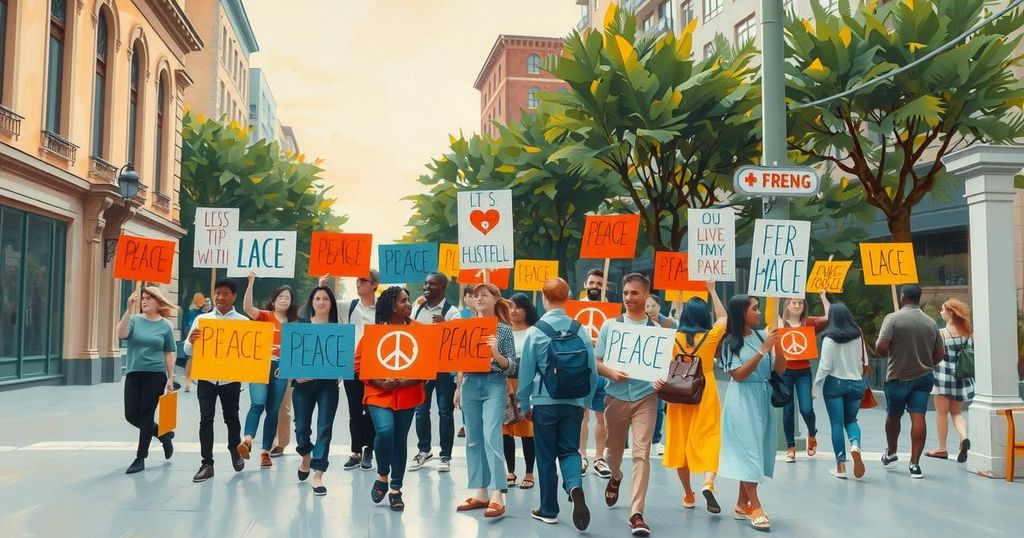Mozambique Police Commander Advocates Dialogue Over Force in Protests

Joaquim Sive, the new police commander in Mozambique, advocates for dialogue over violence in handling protests, amidst increasing fatalities caused by police actions. He emphasizes community engagement and integrity among officers, aligning with government calls for non-lethal measures in managing public unrest.
Joaquim Sive, the newly appointed general commander of the Mozambican police force (PRM), emphasized the importance of dialogue over force in addressing public protests. He made this statement during a ceremony for police graduates at the police science academy (Acipol) near Maputo. Sive expressed concern over the violent clashes between police and protesters that have escalated since October, originally sparked by allegations of electoral fraud from the 9 October general election.
Protests have evolved to focus on the rising cost of living, with demonstrators demanding price reductions from shopkeepers. The clashes have resulted in over 300 deaths, predominantly attributed to police gunfire. To address this issue, Sive called for the police to implement “balanced measures,” advocating for mediation and dialogue where possible.
Sive urged police agents to act as facilitators between citizens to promote consensus rather than resorting to violence. He stressed the necessity for community engagement, the revival of community security councils, and public education initiatives. Additionally, he advised the newly graduated officers to embody integrity, respect, and empathy in their duties, reinforcing the importance of maintaining a safe environment for all citizens.
This perspective aligns with comments made by Justice Minister Mateus Saize, who noted that police action during protests should avoid lethal force, advocating instead for the use of rubber bullets and tear gas in cases of unrest. Nonetheless, live ammunition has regrettably become commonplace, particularly among the Rapid Intervention Unit (UIR).
Joaquim Sive’s call for a shift in police tactics reflects an urgent need to address public dissent through dialogue rather than violence. Highlighting the alarming death toll from recent protests, he emphasized the role of police as mediators and advocates for community safety. This approach is supported by government officials, who seek to limit the use of lethal force during demonstrations, although the trend of using live ammunition remains a serious concern.
Original Source: clubofmozambique.com







